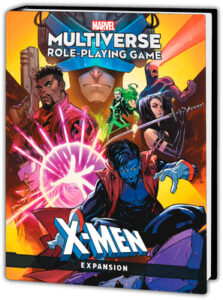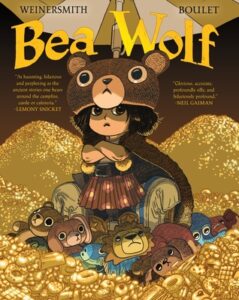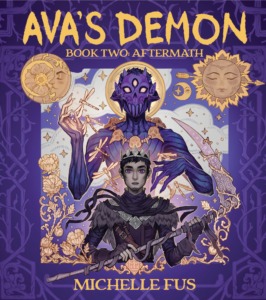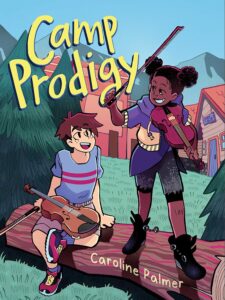Idk what it is about this summer, but my kids are driving me nuts while they’re home on vacation this year. Maybe it’s the heat, maybe it’s the fact that their father decided that he didn’t like my summer camp idea and decided to not actually make alternate plans for them. But they’ve 100% been taking up a ton of my time while I try to work, which means I’ve absolutely fallen behind on my already ridiculous mountain of reading.
 Fortunately, this column makes me feel a little less bad about not getting to all these great books in time. Hopefully, I’ll still be able to make time in the future, but why make you wait, dear readers, till I do?
Fortunately, this column makes me feel a little less bad about not getting to all these great books in time. Hopefully, I’ll still be able to make time in the future, but why make you wait, dear readers, till I do?
First on this list of tantalizing June releases I want to dive into is the evocatively titled The Vixen Amber Holloway by Carol LaHines. Ophelia, a professor of Dante, is stricken when she discovers that her husband Andy has been cheating on her with a winsome colleague. She figuratively descends into the underworld as she obsessively tracks her subjects, growing more and more estranged from reality the further she goes. For Andy’s betrayal has reawakened a much earlier trauma of abandonment by her mother at the age of eight. When Andy and Amber become engaged, Ophelia snaps.
This story is a jailhouse confessional, a dark comedy, an oeuvre of women’s rage, a suspenseful revenge fantasy, and a moving portrait of one woman’ s psychological breakdown, all in one slender volume.









